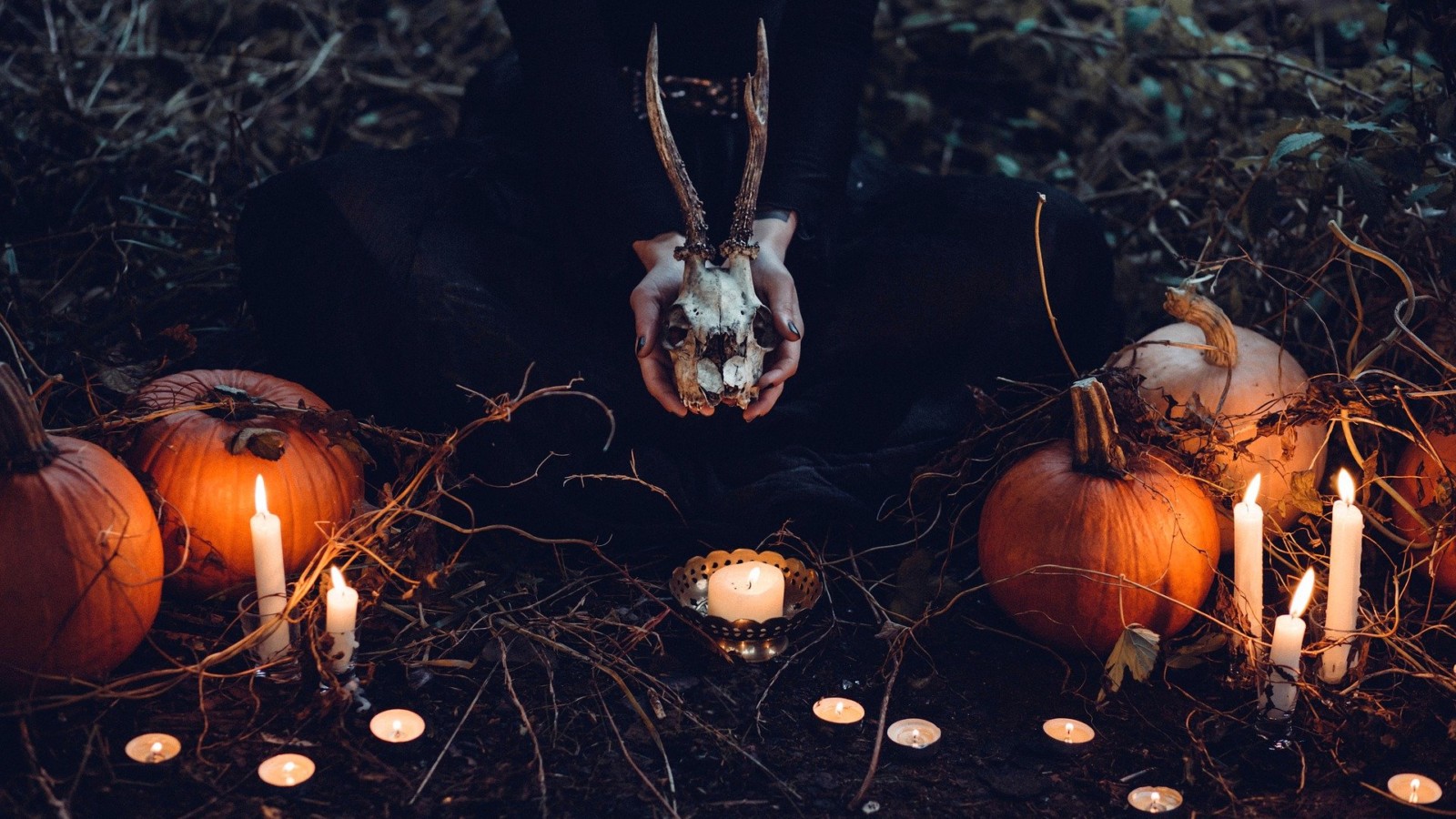Horror fiction tends to get a bad rap for various reasons – it is sometimes seen as ‘low brow’, or, as my mother likes to put it, for being unnecessarily traumatic a genre to visit during one’s time of mental leisure.
However, I have always been strangely attracted to it, almost to the point of being addicted, at times. I believe there are several reasons why. Firstly, the more we grow up, the more we come to know that there are few real-life horrors that we are reasonably sure we’ll be untouched by in our lifetimes. Plane crashes, surgeries gone wrong, loved ones dying – even if these haven’t happened to you yet, can you be 100% certain that they never will? You can’t. In fact, most of us spend our waking moments in the fear that they’ll befall us, too.
Therefore, it is a blessing when we find some fears we’ll never call our own – those that are the property of some poor family in the haunted house at the focus of the horror flick we find ourselves gazing at on TV. I read somewhere that individuals who are able to distance themselves reasonably well from the people being tormented feel good when they see these movies, because they feel secure enough in their external environments to believe they’ll never be touched by that specific fear. I believe I am one of them, and admit to feeling frequently relieved when I locate fears irrelevant to myself in a life that makes me often feel like I am jumping from one hurdle to the next, daily.
The second has to do with an element of novelty, as mentioned in this article. I have always been an intensely imaginative individual, often residing in worlds of my own making in my head, instead of the one around me, and jumping in joy at sci-fi or the prospect of Elon Musk-ish technology. I am/was very fond of reading and watching shows on TV and the web, and was often happiest, as a child, when I was writing about imaginary worlds and people I had created. I believe that had less to do with having and relishing a sense of control over a ‘world’ I could own, and more with going on new adventures and being in the midst of new experiences, sometimes several times in the span of a few hours. I had the normal number of experiences as a kid, but I believe I would have liked to wander daily, all the time, as I still do. I bore of familiar places as fast as I do of ideologies I have reached to the bottom of, till date, and the only exception to my switch-at-the-drop-of-a-hat philosophy are probably people, most of whom I keep liking for years.
I am very fond of crime shows and fiction, from Sherlock Holmes to the anime series Detective Conan, and I have a few self-solving mystery books at home I bought to take myself one step closer to their reality. I like to believe my imagination is a tad bit macabre, and I see horror as an extension of this genre. If alternate worlds are where I am setting out for, I’d like mine to be ones in which you could meet a creep behind every locked door and deserted building wall. Ones which would keep me on my toes all the time and make me use my grey cells and grit for survival, because, to quote two lines from Harry Potter, “what is life without a little risk?”, and “everything is possible if you have enough nerve”.
Relying on your self alone for survival brings me to my third reason. I do not unfortunately remember the uniquely well-written article to which I trace this train of thought, but there was one that said, horror movies can make us believe that the monsters under our bed are real, as are the heroes that defeat them in the end – and we can be those heroes. There is a sense of elation and confidence a lot of people reportedly feel at the conclusion of a horror movie, when the demon is finally tamed. And as viewers or readers mostly relate to the protagonist of a piece, the protagonist’s initial terrorising, and final victory over an entity stronger than them, can help a viewer project themselves onto said protagonist, and believe they’ll triumph over major real-life challenges facing them, given time. Moreover, some people enjoy chaotic environments, because piecing together the details for normalcy to return makes them feel accomplished about their drive and resourcefulness.
The aforementioned article also points out that gender norms in society make men more prone to enjoying horror fiction, and feeling better at having ‘mastered’ their fears each time they are left negatively unaffected by a movie – and that is slightly disappointing, considering I found myself in the same spot every time I watched one of these movies as a child. I think this goes to show how some creations transcend boundaries while unifying people in a shared mental dreamscape – and if you were to ask me, horror movies are perfect examples of the same.
On my unending love for horror fiction
The next time someone's puzzled at your scary love - do not turn the light out on them

